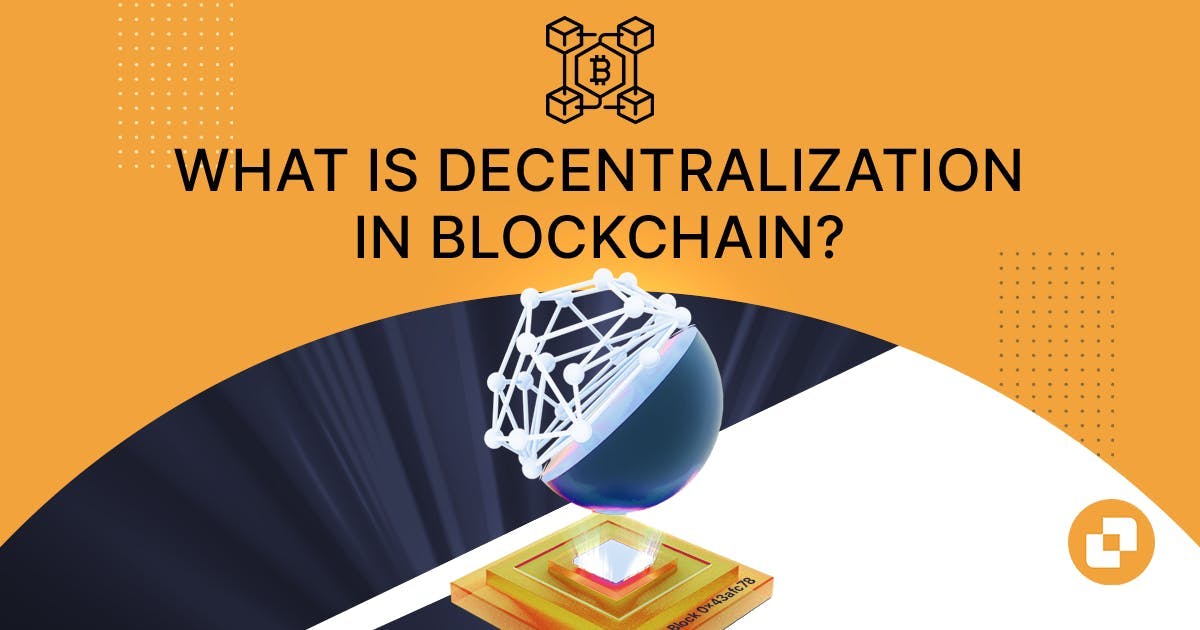What is Decentralization in Blockchain?
Localcoin
min read

FAQ
While the concept of decentralization is a defining feature of many different cryptocurrencies, not all of them adhere to the same degree of decentralization.
Some cryptocurrencies may incorporate elements of centralization, such as permissioned networks where access is controlled by specific entities. These variations in decentralization levels contribute to the diverse landscape of cryptocurrencies.
Among various blockchain networks, Bitcoin is often hailed as one of the most decentralized. This is due to its extensive network of nodes and miners spread across the globe. The decentralized nature of Bitcoin's consensus mechanism ensures that no single entity has control over the network, enhancing its resilience and robustness.
Blockchain's security is rooted in its unique combination of decentralization and cryptography. The distributed ledger ensures that transactions are verified by multiple participants, reducing the risk of fraud or manipulation.
Additionally, cryptographic techniques secure the data stored on the blockchain, making it extremely difficult for unauthorized parties to alter or access information.
The fundamental distinction lies in centralization versus decentralization. Traditional banks operate under centralized control, where a central authority manages transactions, account balances, and financial activities.
In contrast, blockchains function on decentralized and trustless networks, eliminating the need for intermediaries. Transactions are verified by a distributed network of participants, ensuring transparency and reducing reliance on centralized entities.
Blockchains are regulated through their consensus mechanisms and community governance. In many cases, blockchain communities collectively make decisions through a consensus process.
Software upgrades, changes to protocol rules, and network modifications are typically proposed, discussed, and agreed upon by participants in the blockchain's ecosystem. This decentralized governance approach reflects the autonomy and democratic nature of blockchain networks.